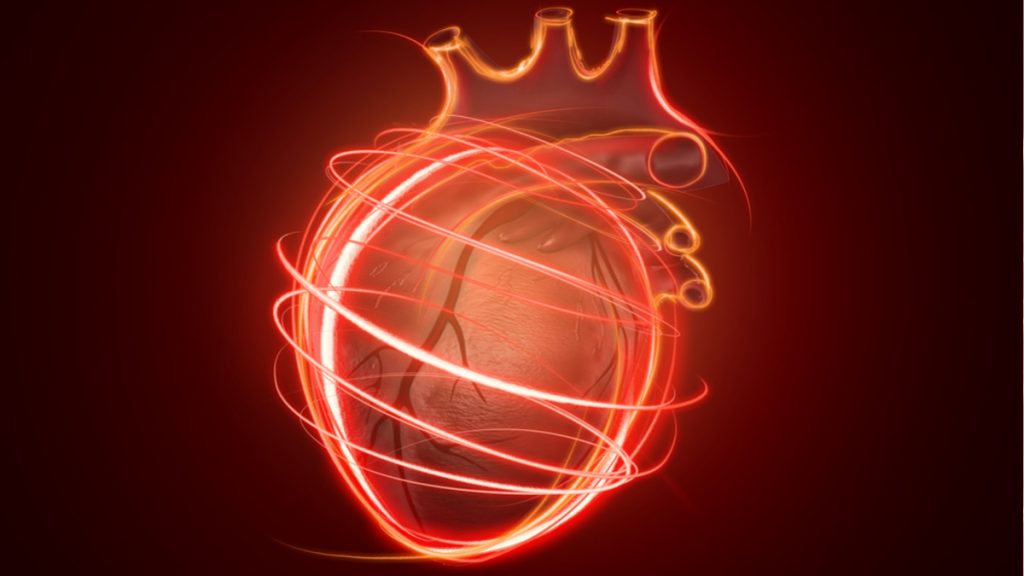On 16 May, Nature News reported that “Japan’s health ministry gave doctors at Osaka University permission to take sheets of tissue derived from iPS cells and graft them onto diseased human hearts.” The team of Japanese doctors, led by cardiac surgeon Yoshiki Sawa at Osaka University, will use iPS cells to “create a sheet of 100 million heart-muscle cells.”
From preclinical studies in pigs, the team determined that thin sheets of cell grafts can improve heart function, likely through paracrine signalling. Paracrine signalling is a type of cell-to-cell communication through which cells “talk” to one another, often regulating inflammation, fibrosis (scarring), and and cellular recovery.
While the treatment will only be tested in three patients, a follow-up trial could enroll ten or more patients. Under Japan’s accelerated regulatory pathway for regenerative medicines (cell, gene and tissue products), Dr. Sawa’s iPS cell therapy could be conditionally marketed to the public if a follow-up trial demonstrated safety and an initial proof of efficacy.
Launched in late 2014, Japan’s fast-track system allows for regenerative therapies to receive conditional marketing authorization for up to 7 years, following confirmation of safety and an initial proof of efficacy in Japan in diseases that are serious and have a high unmet need.
This program is formally known as “Conditional Time-Limited Marketing Authorization” in Japan.
Clinical Application of iPS Cells
2013 was the first time in which clinical research involving transplant of iPSCs into humans was initiated, led by Masayo Takahashi of the RIKEN Center for Developmental Biology (CDB) in Kobe, Japan. In this RIKEN study, Dr. Takahashi used iPSC-derived cell sheets in patients with wet-type age-related macular degeneration.
Unfortunately, the RIKEN study was suspended in 2015 due to safety concerns. As the lab prepared to treat the second trial participant, Yamanaka’s team identified two small genetic changes in the patient’s iPSCs and the retinal pigment epithelium (RPE) cells derived from them.
However, in June 2016, RIKEN announced it would resume the clinical study, this time using allogeneic rather than autologous iPSC-derived cells to lower the time and cost burdens.
Therefore, the new cardiac study at Osaka University will be the second clinical application of iPS cells in Japan and third worldwide, as Cynata Therapeutics also has a clinical trial underway with an allogeneic iPS cell-derived therapeutic (CYP-001).
In this trial, Cynata is testing an iPS cell-derived mesenchymal stem cell therapeutic product for the treatment of Graft-vs-Host-Disease (GvHD).
The trial is named “A Study of CYP-001 for the Treatment of Steroid-Resistant Acute Graft Versus Host Disease” and can be viewed here.
